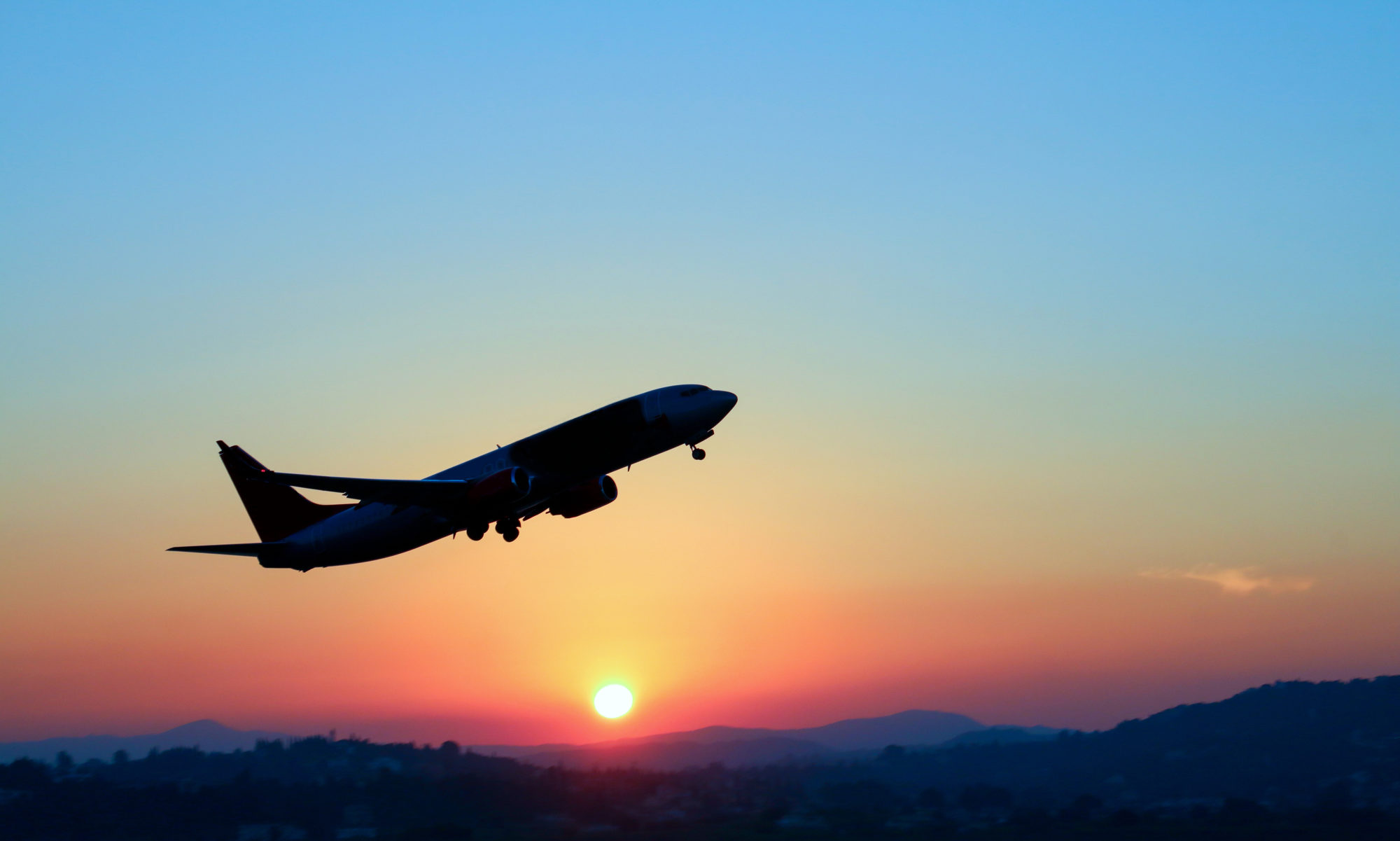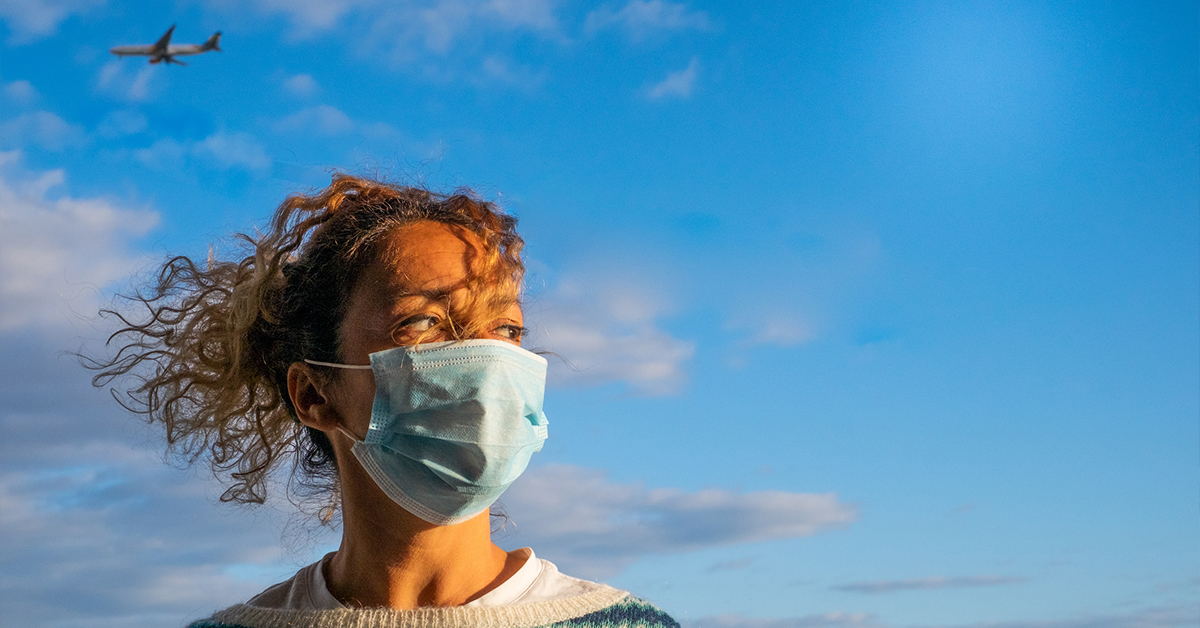If ever there was ever a time for Canadians to consider travel insurance mandatory—this is it.
With much of the western world inching toward re-opening leisure (non-essential) travel, the prospects for mandatory temperature checks, health status certificates, quarantine requirements, and unexpected cancellations are expected to last for the remainder of 2020 and perhaps into 2021.
And if an illness, or even a high temperature reading, can force you into a 14-day quarantine (imposed either by your host country or your own government) consider the cost.
To date, most governments (Canada’s included) have strongly urged travellers leaving their country to get the best medical and trip cancellation/interruption insurance possible. Their travel advisory websites have gone to great lengths describing the types of insurance available and the situations that can trigger the need for cover. The need for this was clearly illustrated when the Canadian government sent chartered airliners across the Pacific to rescue hundreds of its citizens “stranded” on COVID–infected cruise ships.
Do the math yourself—three or four days in a foreign hospital at several thousand dollars per day, then add the possibility of an air ambulance repatriation at say $25,000 from Florida; $35,000 from deep into the Caribbean, or $70,000 from central Europe. And supplement this with the prospect of a mandatory quarantine at your host destination while air ambulance operators work to get government-required health clearances to allow you to leave your island destination and another round of clearances to allow you back into Canada. Sound like drummed up horror stories?
Here’s a real scenario for one of the Caribbean’s most highly favoured locations, St. Lucia, which expects to open for tourism this summer or fall, but with the following conditions:
- Visitors will be required to present certified proof of a negative COVID-19 test within 48 hours of boarding their flight.
- Upon arrival in Saint Lucia, all travelers must continue the use of face masks and physical distancing.
- Travelers will be subject to screening and temperature checks by port health authorities. (MK) Let’s remember that high temps can be caused by conditions other than COVID. So even your emergency hospitalization is caused by something other than COVID, you can still be restrained by regulations designed for it.
- Protocols are being established for taxis to provide safety precautions and separate the driver from guests as an added security measure.
- Hotels must meet a dozen or more specific criteria for sanitization, social distancing and other COVID-19 protocols before they will be permitted to open to guests.
This is just a sample. Many other Caribbean governments are using similar tactics to protect their citizens. Go to http://www.caribbeanhotelandtourism.com/ and click on Travel Advisories for individual Caribbean locations as they are updated.
Europe too is proceeding with caution.
Many countries in the European Union (still including the UK) are opening up to tourism from other EU partners, but on a selective basis. US President Trump has also signalled a willingness to begin allowing travellers from certain EU countries (starting with the lower risk nations) to enter the US subject to the restrictions imposed by the states and counties they are visiting.
This easing would apply to Canadian travellers as well, pending changes to the current lockdown of the Canadian/US border for non-essential travel. Certainly many of Canada’s snowbirds would challenge the “non-essential” characterization of their winter sojourn in a more equitable climate. But then, snowbirds don’t have to be sold on the “mandatory” nature of their travel insurance. They don’t need a ruling from Ottawa telling them how essential their coverage is: younger groups—not so much.
Canadian travel insurers are working to update policies to account for the new restrictions, so when purchasing your travel insurance, make sure you are thoroughly updated about any changes, new health disclosure requirements, and understand the limitations of trip cancellation clauses. Trip cancellation coverage has not been as high a priority as medical coverage in the Canadian travel insurance marketplace. That must change and you need to become much more conversant about what cancellation policies cover, to what extent, and what they don’t cover. Read your policy. Every page.
© Copyright 2020 Milan Korcok. All rights reserved.

